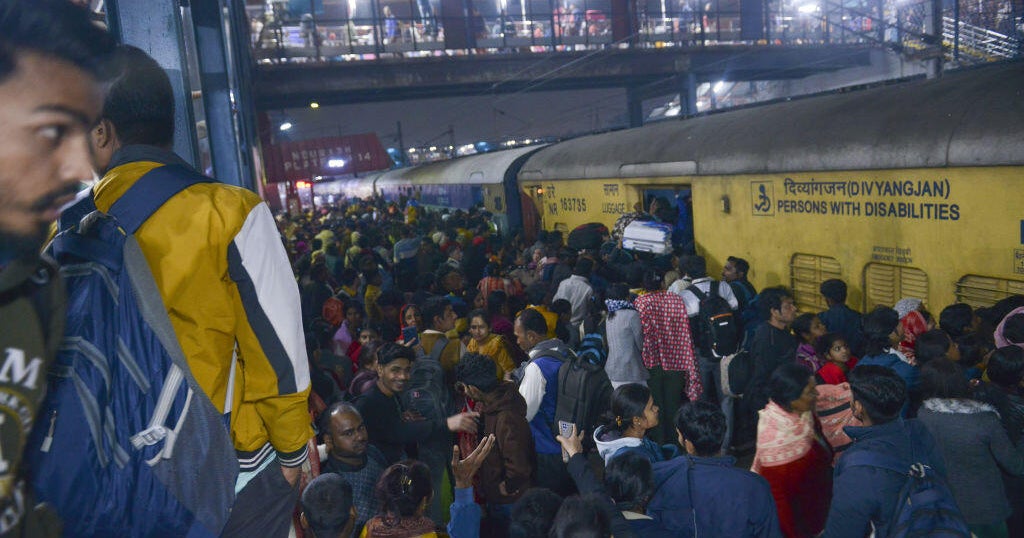Pakistan says it will free Indian pilot, but warns India not to "take this any further"
New Delhi -- Pakistani Prime Minister Imran Khan announced Thursday that his country would release a captured Indian fighter pilot on Friday "as a peace gesture." It was a major sign that the tension between the nuclear-armed Asian neighbors was easing at the end of a tense week that saw both carry out airstrikes and exchange fire across their disputed border.
Addressing the Pakistani Parliament, Khan also said he was ready to hold a phone conversation with his Indian counterpart, Narendra Modi.
"I want to say it to India today: Don't take this any further, Pakistan will be forced to retaliate," Khan said. "I hope the international community will play its part to ensure the situation does not escalate beyond this."
Indian Prime Minister Narendra Modi didn't immediately respond to Khan's remarks, or comment on Pakistan saying Khan had tried to reach out to him over the phone on Wednesday.
Indian fighter pilot Abhinandan Varthaman remained Thursday in the custody of the Pakistani Army. His jet was shot down by Pakistan's Air Force during a dogfight along the border in the region of Kashmir, which is split roughly in half. India controls one side and Pakistan the other, but both nations insist they rightfully own the full territory.
The dogfight took place on Wednesday as Pakistan carried out airstrikes on Indian territory in retaliation for Indian strikes the previous day, which struck deep inside Pakistani territory. Both nations denied that any damage had been inflicted by their adversaries' strikes.
India on Wednesday demanded the "safe" and "immediate" release of the pilot and "objected to Pakistan's vulgar display" of the injured air force officer after videos emerged on social media of him being beaten by civilians during his capture and later interrogated.
The signs of détente came hours after U.S. President Donald Trump, near the end of his summit in Vietnam with North Korean leader Kim Jong Un, said that he expected "reasonably attractive news" from the region.
Mr. Trump said the U.S. had been involved, "trying to help them both out" to "see if we can get some organization and some peace."
The long-simmering tension between India and Pakistan spiked sharply on February 14, when more than 40 Indian paramilitary soldiers were killed in a suicide bomb attack in Indian controlled Kashmir by Pakistan-based terror group Jaish-e-Muhammad.
India accuses Pakistan of supporting the group, or at least allowing it to operate on its territory and carry out attacks on Indian forces. Pakistan rejects that, insisting it combats all terrorist organizations.
Speaking earlier on Thursday, Modi spoke in strong words against Pakistan, urging his nation to "stand like a wall" against an enemy he said "supports terror."
"India will fight as one, India will win as one," Modi said.




